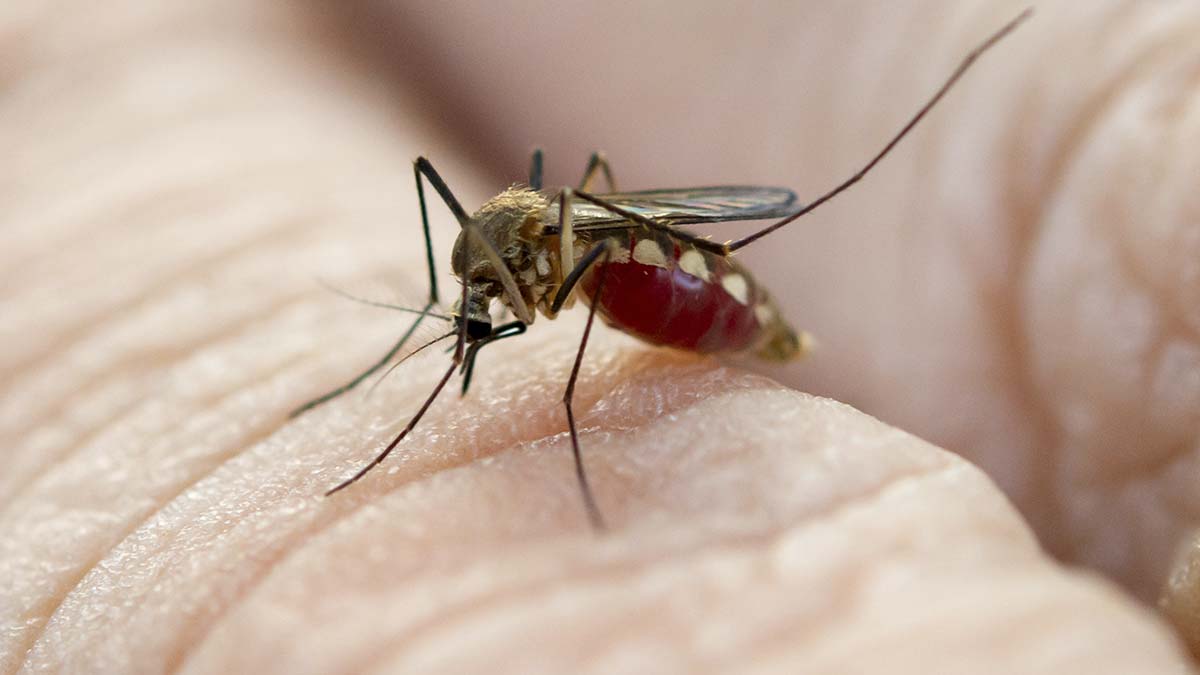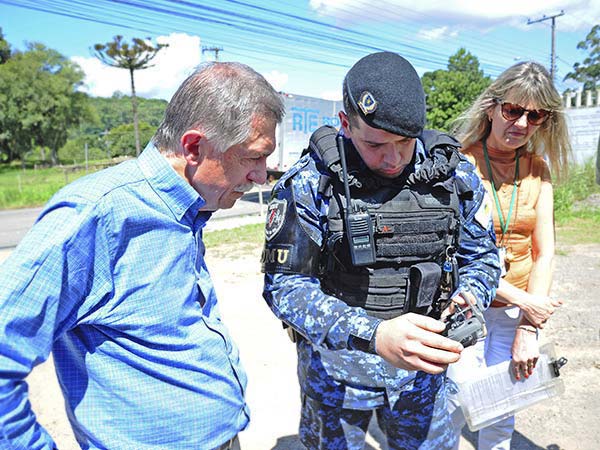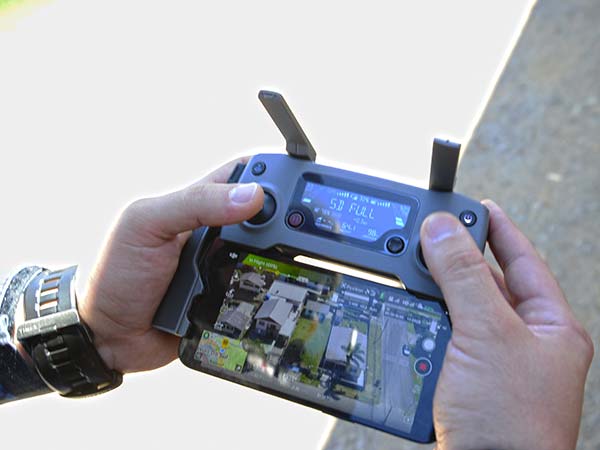A Caxias do Sul City Hall began, this Wednesday (21/02), an innovative project using drones to intensify fight against dengue. This experimental approach, carried out in the Dezorzi neighborhood – where an autochthonous case of the disease was recently confirmed – has as its main focus the identification of potential breeding sites for the Aedes aegypti mosquito, through mapping accumulations of standing water.
This effort is the result of collaboration between the Departments of Health and Public Security and Social Protection, with operational support from the Municipal Guard (GM). Rogério Poletto, technical director of Environmental Health Surveillance, clarifies that the images collected by GM during the operation will be carefully analyzed. If stagnant water reservoirs are detected, specialized teams will be sent to inspect and act in the area.
Poletto highlights the initial effectiveness of the initiative and the possibility of its application in other specific situations, complementing existing actions such as home visits, responding to complaints, monitoring critical areas and interventions in suspected or confirmed cases of dengue.
Mayor Adiló Didomenico followed the operation, emphasizing the need for joint action between the population and public authorities. He pointed out that the use of drones is an additional strategy to identify places that are difficult to access or that go unnoticed by inspections and residents. Didomenico highlighted the urgency of active community engagement, as any object that can accumulate clean water, such as lids or discarded cups, poses a serious risk of becoming a breeding ground for the mosquito that transmits dengue fever, a disease with serious consequences.

Photo by: Ícaro de Campos
Use of drones to combat dengue – Photo by: Ícaro de Campos
To date, Caxias do Sul has registered 134 outbreaks of Aedes aegyptiwith three cases of autochthonous dengue and 13 imported cases confirmed in 2024.








